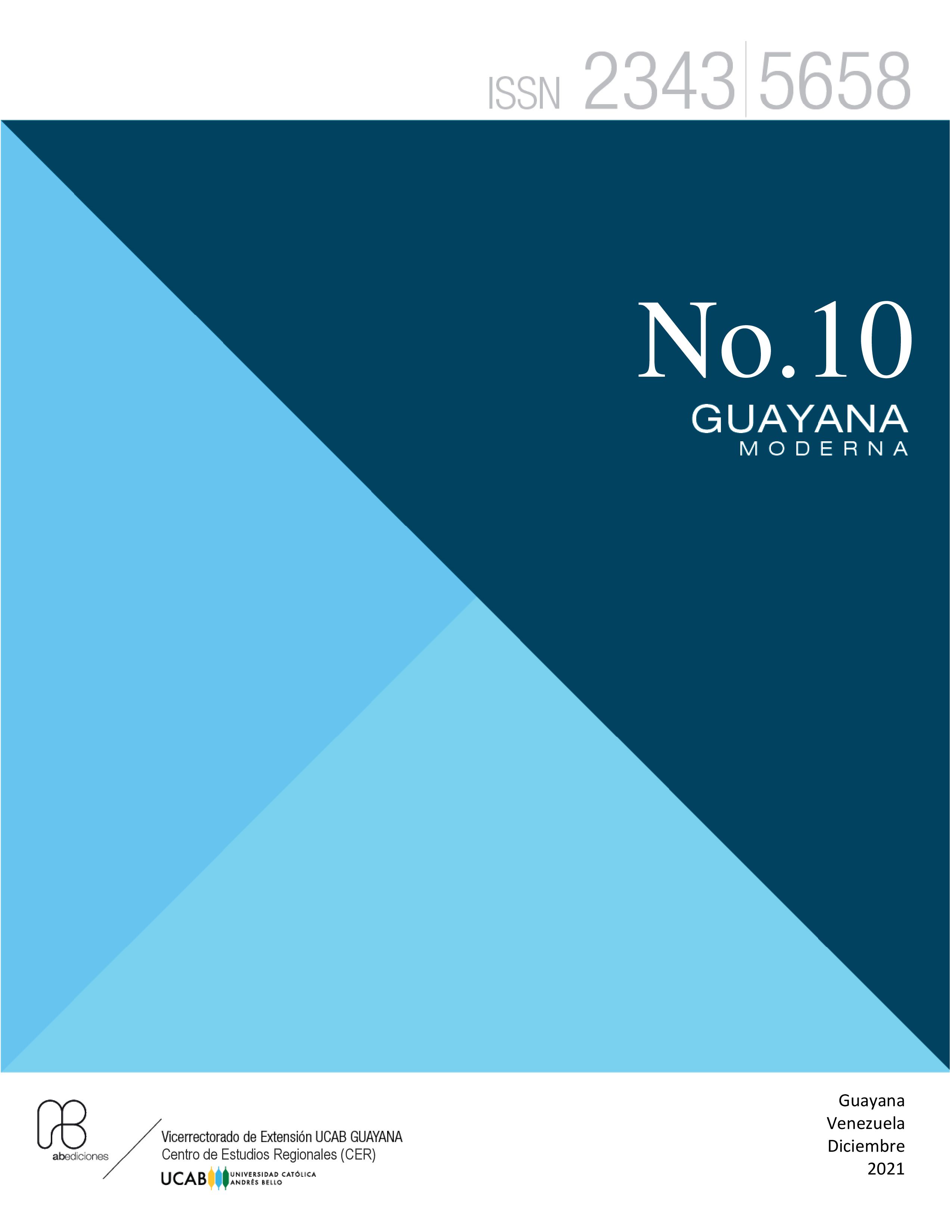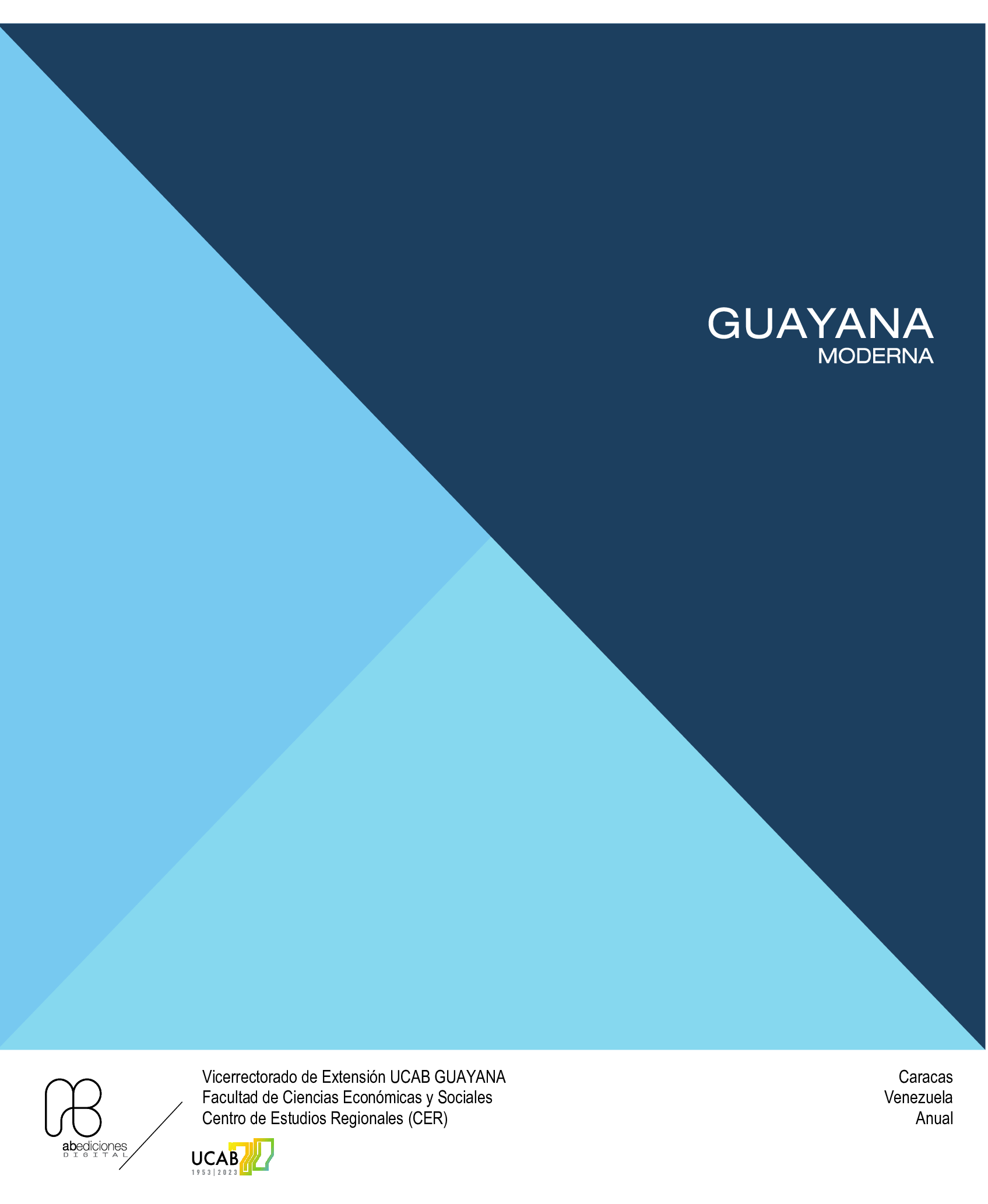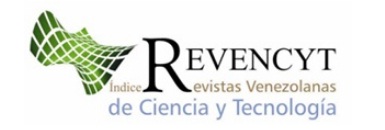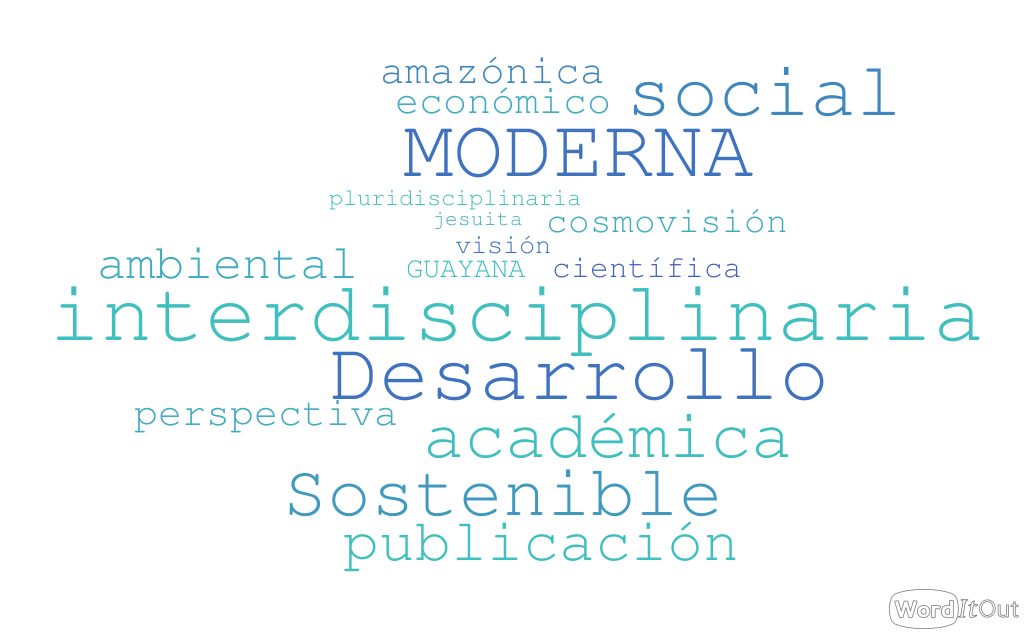Guiana bioregion: context its actors and pedagogical potentialities
DOI:
https://doi.org/10.1234/gm.v10i10.5506Abstract
The environmental crisis is a symptom of the health of the planet that is established from the links between the society-nature binomial, and that derives from the development of production and consumption systems. This complex relationship depends, in turn, on the quality of the basic systems of life (soil, water, air and biodiversity). This research is part of a comprehensive research associated with the (De)construction of environmental educational knowledge The section corresponding to the bioregion has the purpose of revealing the thematic network associated with the context of Guyana, from the perspective of key informants, who are part of the social dimension, the productive dimension and the ecological dimension of the bioregion. Among the theoretical references on Environmental Education and Education for Sustainability the pedagogical approaches of the environment the bioregional biodiversity in Venezuelan Guiana) Epistemologically, the study was assumed from the bases of symbolic interactionism). Methodologically, Grounded Theory was used. For data collection, the following were used: the interview for the social and productive dimension; and the survey, for the ecological dimension. In the information processing, micro analysis and conceptual ordering were used, and the computer program Atlas Ti 8.0. The results collect a series of categories, with their respective properties and dimensions, supporting the first approaches to the theorization of the guiding lines of Socio-Environmental Pedagogy.
Keywods: bioregion, social-productive-ecological dimensions, grounded theory, symbolic interactionism, socio-environmental pedagogies.








